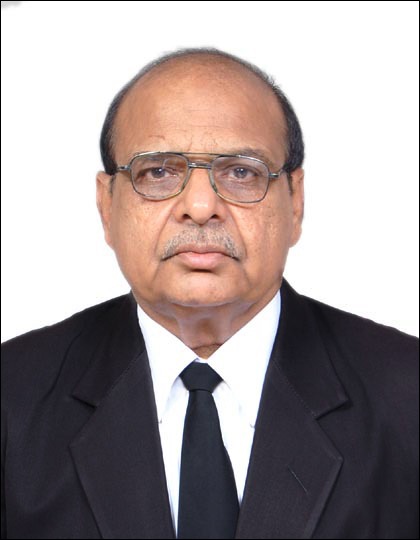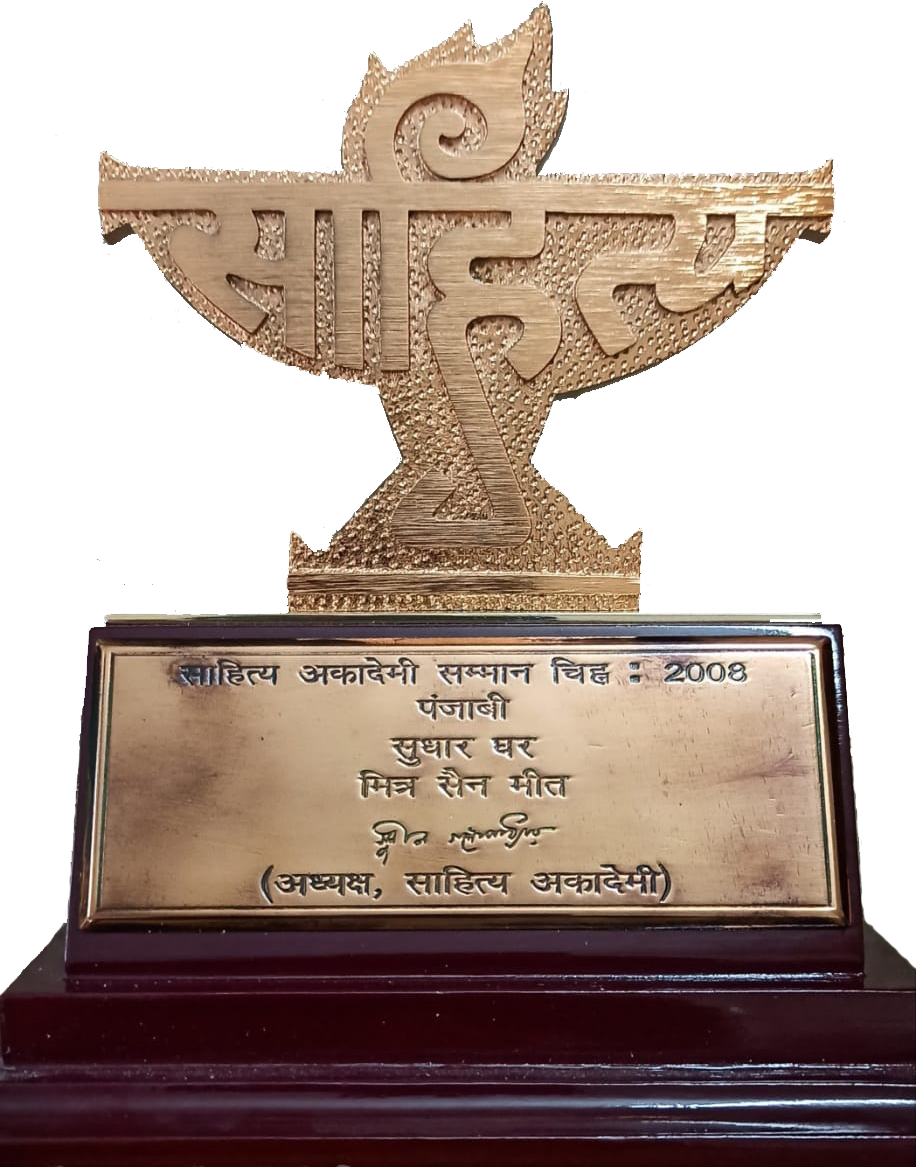ਹੋਰ ਫੁਟਕਲ ਪ੍ਰਾਵਧਾਨ (Other miscellaneous provisions of Evidence Act)
ਸਬੂਤਾਂ ਨੂੰ ਸਿੱਧ ਕਰਨ ਲਈ ਹੋਰ ਮਹੱਤਵਪੂਰਨ ਨਿਯਮ ਵੀ ਹਨ ਜਿਹਨਾਂ ਵਿਚੋਂ ਕੁਝ ਇਹ ਹਨ।
1.ਧਾਰਾ 106: (ਜੇ ਕਿਸੇ ਤੱਥ ਬਾਰੇ ਕਿਸੇ ਵਿਅਕਤੀ ਨੂੰ ਜਾਣਕਾਰੀ ਹੈ ਤਾਂ ਉਸਨੂੰ ਸਿੱਧ ਕਰਨ ਦੀ ਜ਼ਿੰਮੇਵਾਰੀ): ਅਦਾਲਤ ਇਹ ਮੰਨ (presume) ਸਕਦੀ ਹੈ ਕਿ ਦੋਸ਼ੀ ਵੱਲੋਂ ਜ਼ੁਰਮ ਕੀਤਾ ਗਿਆ ਹੈ।
Case : Sucha Singh v/s State of Punjab, 2001 Cri.L.J. 1734 (SC)
Para “20. We have seriously bestowed our consideration to the arguments addressed by the learned Senior Counsel. We only reiterate the legal principle adumbrated in State of West Bengal v. Mir Mohammad Omar, 2000 AIR SCW 3230 : AIR 2000 SC 2988 : (2000 Cri LJ 4047) (supra), that when more persons than one have abducted the victim, who was later murdered, it is within the legal province of the Court to justifiably draw a presumption depending on the factual situation, that all the abductors are responsible for the murder. Section 34 of the IPC could be invoked for the aid to the end, unless any particular abductor satisfies the Court with his explanation as to what else he did with the victim subsequently, i.e. whether he left his associates en-route or whether he dissuaded others from doing the extreme act etc. etc.
We are mindful of what is frequently happening during these days. Persons are kidnapped in the sight of others and are forcibly taken out of the sight of all others and later the kidnapped are killed. If a legal principle to be laid down is that for the murder of such kidnapped there should necessarily be independent evidence apart from the circumstances enumerated above, we would be providing a safe jurisprudence for protecting such criminal activities. India cannot now afford to lay down any such legal principle insulating the marauders of their activities of killing kidnapped innocents outside the ken of others.”
2. ਧਾਰਾ 106: (ਜੇ ਕਿਸੇ ਤੱਥ ਬਾਰੇ ਕਿਸੇ ਵਿਅਕਤੀ ਨੂੰ ਜਾਣਕਾਰੀ ਹੈ ਤਾਂ ਉਸਨੂੰ ਸਿੱਧ ਕਰਨ ਦਾ ਜ਼ਿੰਮੇਵਾਰੀ): ਜੇ ਦੋਸ਼ੀ ਉਸ ਹਥਿਆਰ ਨੂੰ ਜਿਸ ਨਾਲ ਜ਼ੁਰਮ ਕੀਤਾ ਗਿਆ ਹੈ ਪੇਸ਼ ਨਾ ਕਰੇ ਤਾਂ ਅਦਾਲਤ ਦੋਸ਼ੀ ਦੇ ਵਿਰੁੱਧ ਦੋਸ਼ੀ ਦੇ ਉਲਟ (adverse inference) ਸਿੱਟੇ ਕੱਢ ਸਕਦੀ ਹੈ।
Case : Sidhartha Vashisht @ Manu Sharma v/s State (NCT of Delhi) 2010 (2) RCR (Cri.) 692 (SC)
Para “56. It is pointed out by the State that when the accused Manu Sharma was arrested on 06.05.1999, the police filed an application dated 07.05.1999 for police remand of the accused for recovery of pistol. The defence filed a reply to the said application on the same day i.e., 07.05.1999 and thereupon the Metropolitan Magistrate passed an order on the same day granting seven days police custody of the accused for recovery of pistol. The accused despite forever maintaining that the police had illegally taken away the pistol from his farmhouse on 30.04.1999/01.05.1999, did not take this ground in the reply to remand application and argument to the said effect was recorded in the 107 remand order by the Magistrate. The only inevitable conclusion that could be reached from the said turn of events is that the pistol was still in custody of the accused and had never been recovered by the police from his farmhouse. …Thus this evidence coupled with the testimony of Shyan Munshi, PW-2, that the person in white T-shirt who was asking for whisky took out a pistol from dub of his 108 pant and fired a shot in the air and the other witnesses PWs 1,6, 20 and 24 that the person in white T-shirt was Manu Sharma, a positive inference beyond reasonable doubt has to be drawn that Manu Sharma fired from his .22″ bore pistol which resulted in the death of Jessica Lal on the fateful night of 29/30.04.1999.”
3. ਧਾਰਾ 114: (ਕਿਸੇ ਤੱਥ ਦੀ ਹੋਂਦ ਬਾਰੇ ਮੰਨ ਲੈਣਾ): ਜੇ ਕਿਸੇ ਵਿਸ਼ੇਸ਼ ਤੱਥ ਦੀ ਵਿਆਖਿਆ ਬਾਰੇ ਦੋਸ਼ੀ ਚੁੱਪ ਹੋ ਜਾਂਦਾ ਹੈ ਤਾਂ ਅਦਾਲਤ ਉਸ ਦੇ ਵਿਰੁੱਧ ਸਿੱਟਾ ਕੱਢ ਸਕਦੀ ਹੈ।
Case : Ponnuswamy Vs. State 1995 Cri.L.J. 2658 (SC)
“….. Silence on the part of the appellant in such circumstances would by itself be a telling circumstance which would weigh against him in the consideration of the prosecution evidence led against him. …..”
4. ਧਾਰਾ 137: (ਗਵਾਹ ਦਾ ਬਿਆਨ): ਜੇ ਗਵਾਹ ਗਵਾਹੀ ਦੇਣ (examination-in-chief) ਅਤੇ ਜਿਰਹਾ ਤੋਂ ਪਹਿਲਾਂ ਮਰ ਜਾਵੇ ਤਾਂ ਉਸ ਗਵਾਹ ਦੀ ਗਵਾਹੀ ਨੂੰ ਨਕਾਰਿਆ ਨਹੀਂ ਜਾ ਸਕਦਾ।
Case : Satnam Singh (dead) by LRs. & Ors. vs Sadhu Singh & Ors., 2002(1) APEX COURT JUDGMENTS 79 (SC)
Para “3. ….. It has come on evidence on record that Teja Singh, one of the attesting witnesses, after his examination-in-chief died and, therefore, he could not put up for cross-examination. Under these circumstances, the evidence of Teja Singh should not have been excluded. …..”
5. ਫੌਜਦਾਰੀ ਮੁਕੱਦਮਿਆਂ ਦੀ ਸੁਣਵਾਈ ਸਮੇਂ ਰੈਸਜੁਡੀਕੇਟਾ (resjudicata) ਦਾ ਸਿਧਾਂਤ ਲਾਗੂ ਨਹੀਂ ਹੁੰਦਾ।
Case : Superintendent and Remembrancer of Legal Affairs, W.B. v/s Mohan Singh & others 1975 Cri.L.J.812 (1) (SC)
“Para 2. ….. Section 561-A preserves the inherent power of the High Court to make such orders as it deems fit to prevent abuse of the process of the Court or to secure the ends of justice and the High Court must, therefore, exercise its inherent powers having regard to the situation prevailing at the particular point of time when its inherent jurisdiction is sought to be invoked. The High Court was in the circumstances entitled to entertain the subsequent application of Respondents Nos. 1 and 2 and consider whether on the facts and circumstances then obtaining the continuance of the proceeding against the I respondents constituted an abuse of the process of the Court or its quashing was necessary to secure the ends of justice. The facts and circumstances obtaining at the time of the subsequent application of respondents Nos. 1 and 2 were clearly different from what they were at the time of the earlier application of the first respondent because, despite the rejection of the earlier application of the first respondent, the prosecution had failed to make any progress in the criminal case even though it was filed as far back as 1965 and the criminal case rested where it was for a period of over one and a half years. ….”
6. ਜੇ ਦੋ ਤੱਥਾਂ ਦੀ ਲੜੀ ਨੂੰ ਜੋੜਨ ਵਾਲੇ (link proving witness) ਗਵਾਹ ਦੀ ਸ਼ਹਾਦਤ ਨਾ ਹੋ ਸਕੇ ਤਾਂ ਇਸਦਾ ਸਰਕਾਰੀ ਪੱਖ ਉੱਪਰ ਭੈੜਾ ਪ੍ਰਭਾਵ ਨਹੀਂ ਪੈਂਦਾ।
Case : Kedar Nath Singh v/s State, 1995 Cri.L.J.4121 (Delhi – HC, DB)
Para “23. ….. Smt. Poorna was not a witness of occurrence and would not be able to give evidence of the fact on which the prosecution relied and so is not a material witness. As is recorded in the proceedings by the trial Court, on 4-8-88, it was stated by the prosecutor that the witness had been won over by the accused and so was given up. The prosecutor as a discretion as to which witness should be called for the prosecution and no fault can be found in it unless it can be shown that the prosecution has been influenced by some motive. No such motive has been imputed in this case. The accused had opportunity to examine her which he has not done. In any case, the testimony of this witness by the prosecution could have been used as a link piece of evidence. As held hereafter, the testimony of the victim has been found to be truthful, cogent and reliable and is sufficient to base conviction without any corroboration. This contention, thus, has no force.”
7. ਅਦਾਲਤ ਨੂੰ ਗਵਾਹ ਨੂੰ ਉਲਝਾਉਣ ਜਾਂ ਧਮਕਾਉਣ ਦਾ ਅਧਿਕਾਰ ਨਹੀਂ ਹੈ।
Case : Sidhartha Vashisht @ Manu Sharma v/s State (NCT of Delhi) 2010 (2) RCR (Cri.) 692 (SC)
Para “70. It is pointed out by the State that the contention of the prosecution was that the trial Court could not have first put a specific finding of its own opinion to the expert witness and then ask him questions. Learned Solicitor General pointed out that in the attempt of the trial Court to extract the truth from the said witness, it misdirected itself in law by posing such a question. This is impermissible even as per the judgment in Ram Chander (supra) relied on by the defence. This judgment is in fact in favour of the prosecution since the same clearly puts an embargo on the power of a judge to ask questions so as to frighten, coerce, confuse or intimidate the witness. The danger inherent in a judge adopting a much too stern an attitude towards witness has been duly explained in the said decision. The judge cannot ask questions which may confuse a witness…….”
8. ਗਵਾਹੀ ਤੋਂ ਮੁੱਕਰੇ ਗਵਾਹ ਦੇ ਬਿਆਨ ਦੇ ਉਸ ਹਿੱਸੇ ਤੇ ਅਦਾਲਤ ਭਰੋਸਾ ਕਰ ਸਕਦੀ ਹੈ ਜਿਸਦੀ ਪ੍ਰੋੜਤਾ ਹੋਰ ਗਵਾਹੀ ਤੋਂ ਹੁੰਦੀ ਹੋਵੇ।
Para “73. The defence seeks to reply upon the testimony of PW- 2 with regard to the two gun theory put forward. In this regard, the defence seeks to corroborate the said part of PW-2’s testimony with the testimony of the two ballistic experts. It has also been contended by the defence that the testimony of a hostile witness must be corroborated by the other reliable evidence on record in order to be admissible. The law is very clear that where a witness for the prosecution turns hostile, the Court may rely upon so much of the testimony, which supports the case of the prosecution and is corroborated by other evidence. PW- 2’s testimony as regards the identity of the person shooting, is certainly not corroborated by the testimony of the experts since both the experts have given opinions which cannot qualify as conclusive opinion of experts.”







More Stories
ਸ਼ੱਕ ਦਾ ਲਾਭ (Benefit of doubt)